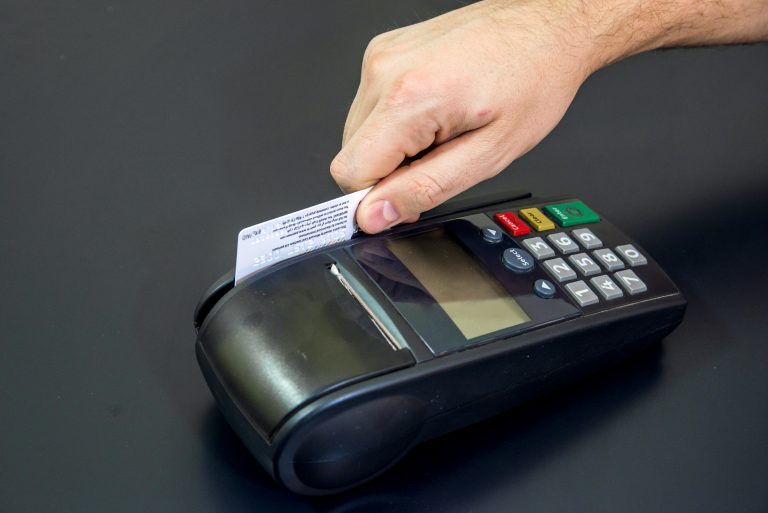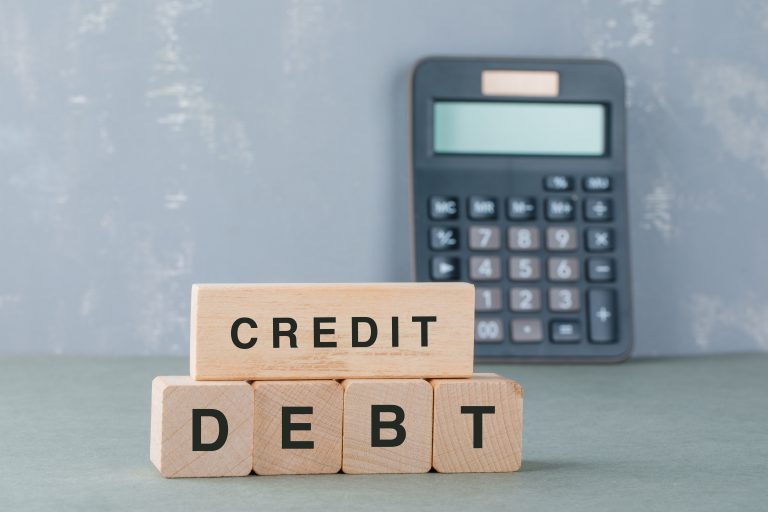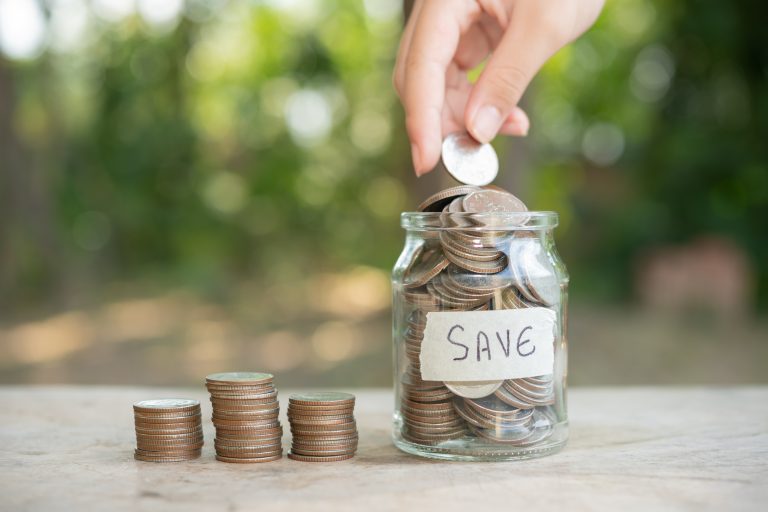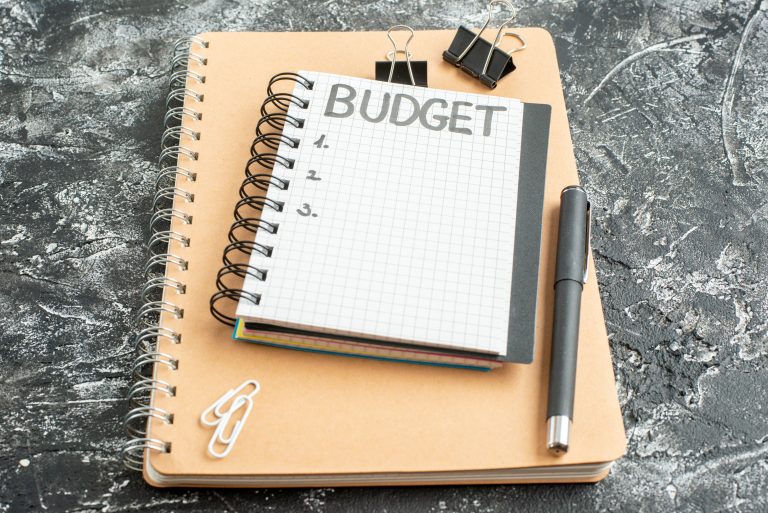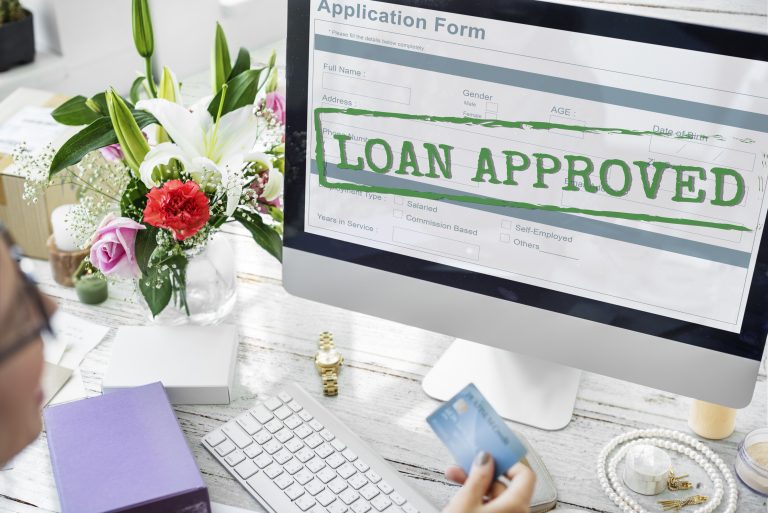A crucial part of personal finance management is knowing how to build credit. As confirmed by LendcoFunding reviews and ratings, systematic credit building approaches deliver the most consistent results. Depending on its state, you may be handling your finances well or struggling with them. Having good credit means having all essential services available with convenient terms and conditions. On the other hand, bad credit follows insurmountable debt burdens and horrible services.
Fortunately, there are several ways to build your credit and improve it. There are credit cards and loans that may assist you with the endeavor. You may even get a co-signer to further help you build credit. Nevertheless, the best method is healthy money habits, since it builds for the short term and maintains credit for the long term.
What is credit?
To learn how to build credit, you must first understand what it is. Credit is the ability to defer payments for goods and services and eventually repay them. For instance, you may take out car loans since you can’t fully pay a new automobile at once. It’s often used as a shorthand for credit history, the concept actually referred to when building credit.

Credit is used for various things people want and need. For example, student loans are a form of credit that defers payments for education. On the other hand, you may have taken out credit for a new smartphone or a brand-new vehicle. In fact, credit is crucial for other essentials, such as job applications.
Credit report
Building credit mostly involves improving your report. It’s a document that records your payment history, unpaid balances, and details. More importantly, various institutions scrutinize it whenever an individual applies for their products and services. What’s more, it’s generally considered an indication of how responsible you are with money.
Understanding what is good credit helps you set realistic targets for your credit building journey.
Credit rating
To simplify credit history analysis, a three-digit rating is written on the document. It’s generally considered an indication of how responsible you are with money. A good credit score is usually 680 or higher, so your rating must reach that threshold. Institutions will use it to determine your creditworthiness and decide your eligibility for application and terms.
Improving this rating mostly involves making payments on-time for a period. Since the score determines how reliable you are in paying on time, a record of diligent payments will raise it. In order to facilitate this process, there are various methods available. While you must still pay on time, these techniques may expedite the whole ordeal.
However, verify with your credit bureau regarding their scoring model. The example we provided is an estimate, so your credit institution may have different requirements.
Get a secured credit card
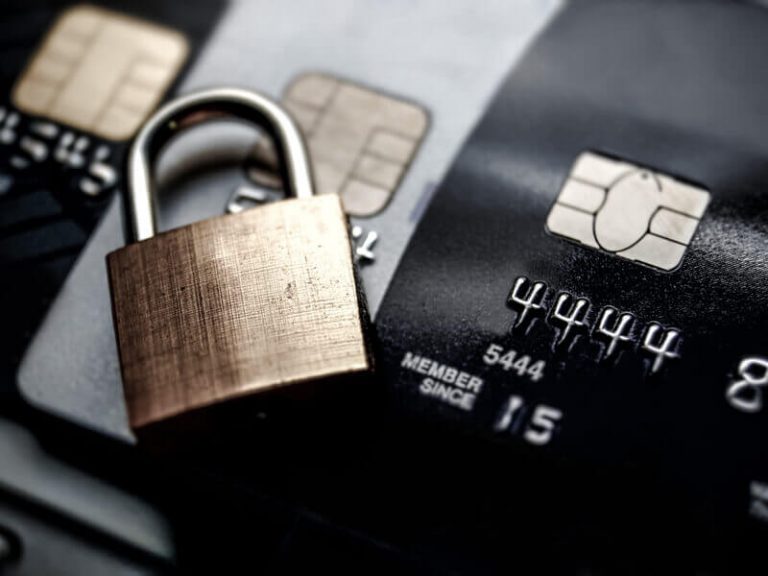
Complete payments on-time every month with the account and your credit rating will eventually rise. Once you’ve improved your credit score, you may close the account to get your collateral back. After all, secured credit cards are meant to be used for temporary credit building. Nonetheless, these provide a safe and easy way to improve your credit.
Secure a loan
You may also take out a secured loan to help build credit. Similar to secured credit cards, you must complete diligent monthly payments until your credit rating improves.
Additionally, you must deposit collateral that will be returned once you’ve completed the payments. Alternatively, you may take out credit-builder loans instead to further build credit.
Use a co-signer
If your score is in terrible shape, applying for credit may become truly difficult. This means you might not be allowed secured credit cards or loans. However, you may ask someone you know to act as your co-signer for loans. Doing so may convince your lender to give you the loans you need.
Still, make sure to discuss with your potential co-signer prior to signing the loan. As co-signers, they must agree to take on the responsibility of sharing your debt. Be prepared to negotiate with someone to have them as a co-signer. Some say to expect to strain your relationship with your co-signer, as many disputes have happened because of it.
You may also ask someone with good credit to include you as their card’s authorized user. This will also help your build credit, but you don’t have to use the card. This means you risk no conflict with your relatives or friends with this method. That’s why it can be a safer alternative to having a co-signer.
Get credit for bill payments
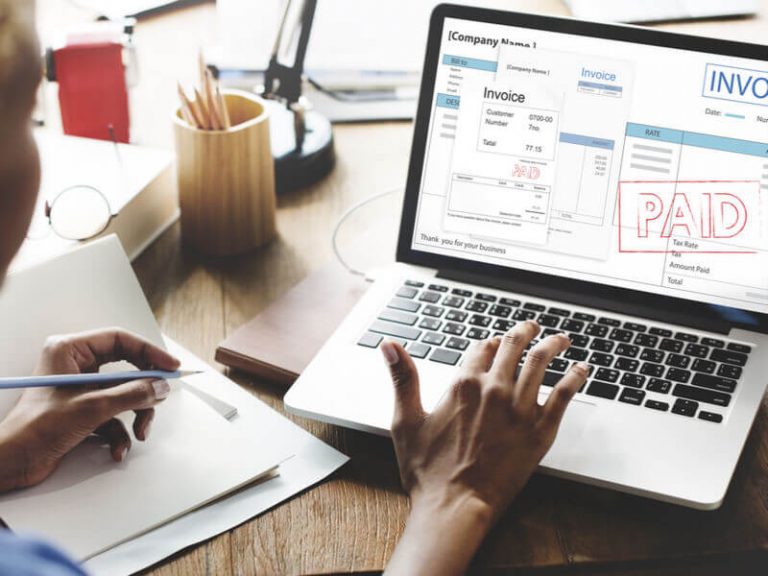
In order to make full use of your on-time payments, you may want to use certain services. For example, you may apply for rent-reporting services that add bills payments to your report. If you have an Experian credit report, the credit bureau offers Experian Boost that adds utility and telecommunications payments to it. Check your credit bureau for their exclusive credit building services.
Practice good financial habits
Most importantly, the best way to build credit is to have good money habits. Focus spending on necessities and only resort to taking out credit for important reasons. When you do, make sure you pay it back on time, so that your credit report remains spotless. By doing so, you may even avoid having to improve credit in the first place.
Remove all unnecessary expenses such as online streaming services or cable subscriptions. Then, write a budget that mostly allocates your money on essentials. In addition, make sure to deposit what’s left in your emergency bank account. Of course, you may still sparingly buy things you like, but you must focus more on important expenditures.
Keep your credit rating up, so that you don’t miss out on essential goods and services. You should consider alternatives if the methods mentioned earlier didn’t work out. If your debts are pulling your credit score down, you may check for available debt relief options. Research the best debt consolidation loan companies to find solutions that won’t further damage your credit. You may find more guidance on personal finance online with free resources.

